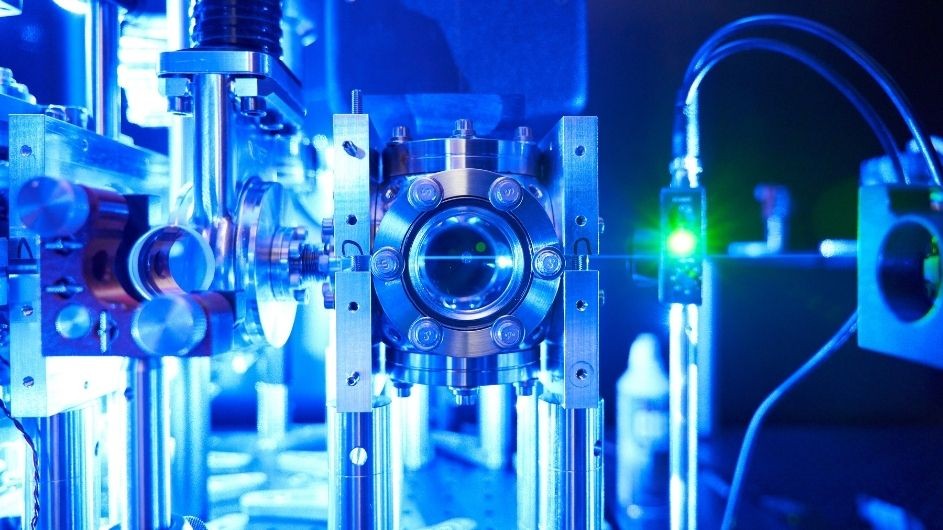Columbia to Launch Master’s in Quantum Science and Technology
Degree program will combine education in quantum fundamentals with hands-on experience in quantum research labs.

A new master’s program in quantum science and technology is now open for applications. Columbia joins only a handful of other universities offering advanced degree programs in quantum science.
“Quantum is a research frontier, and we’re excited to train students in this state-of-the-art science,” said Dmitri Basov, a physics professor at Columbia and chair of the department.
The program was created by professors in Columbia’s Faculty of Arts and Sciences and Columbia Engineering to address the shortage of workers in the quantum industry, a growing interdisciplinary field that includes engineers, experimentalists, theorists, and technicians to design, build, and program novel quantum devices used for computing, communications, and more.
As the industry matures, many companies will need workers with more quantum training than typically included in an undergraduate degree but not necessarily as much as required for a PhD, said Abhay Pasupathy, a physics professor who helped develop the curriculum with input from industry. The knowledge needed covers both computer science and quantum mechanics, as well as the specialized components needed to build quantum hardware, like quantum optics and cryogenics.
"Columbia has a rich history of developing practical quantum applications,” said Pasupathy, who is also a director of the new program. “We hope that this new program will produce the leaders of tomorrow's quantum technologies."
Columbia’s quantum master’s program will teach students the basics of quantum mechanics and offer practical knowledge and complementary skills in quantum hardware, software, and research. Students who want to go on further will be prepared for PhD programs in science and technology, Pasupathy said.
The quantum master's is a 30-point program, and students will have the option of pursuing a track in engineering or physics. They will take classes designed and taught by faculty in the Physics Department or at Columbia Engineering, in collaboration with the Flatiron Institute and quantum-focused companies.
The program will cover quantum theory, offer hands-on research experience in quantum labs, and provide connections with industry partners. New courses will fall into four categories under the so-called Quantum-LIST:
- Quantum Laboratory, a research-based course for students to explore entangled photon systems and their novel applications.
- Quantum Information, which will introduce the theoretical underpinnings of quantum information and computation.
- Quantum Simulation, a research-based course for students to explore quantum simulation and information applications with the IBM Qiskit platform.
- Quantum Technology, which will delve into quantum applications in computing, communication, and sensing.
Existing courses at Columbia in applied quantum mechanics and scientific computing will be updated to fit the program.
Faculty who helped develop the program include Abhay Pasupathy, Ana Asenjo-Garcia, Dmitri Basov, Alex Gaeta, Soulaymane Kachani, John Kymissis, Yuri Levin, Szabi Marka, Rocco Servedio, and Sebastian Will.
Program Directors are Abhay Pasupathy from the Physics Department and Jim Schuck from Columbia Engineering.
Interested applicants can find information about the new program as well as how to apply here. Applications for the inaugural cohort will be due by February 15, 2024.
This story was originally posted on March 31, 2022. It has been revised to include application information and new details about the program.
